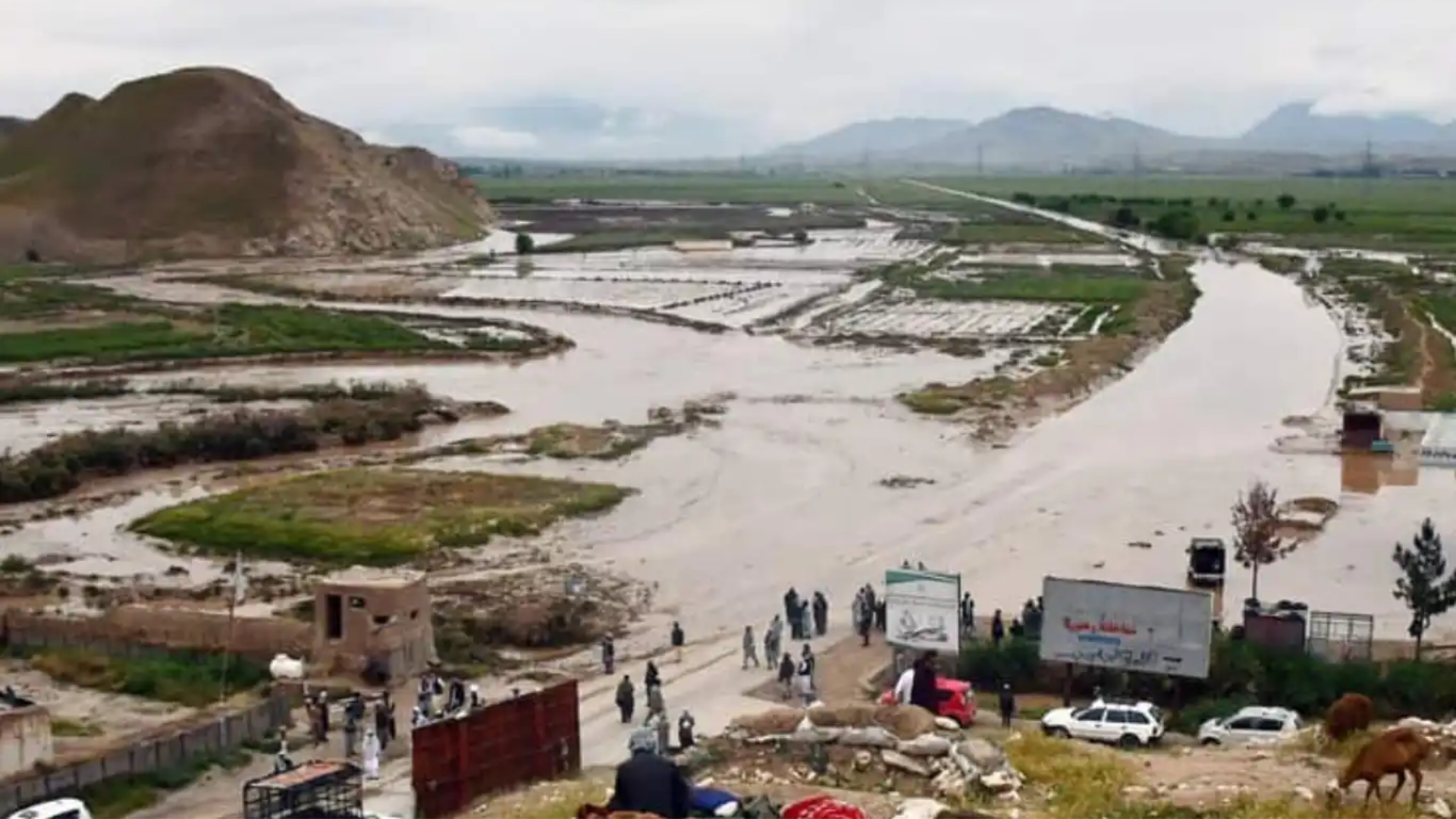Flash floods wreaked havoc in northern Afghanistan, claiming over 300 lives, reported the United Nations World Food Programme (WFP). The worst-hit province, Baghlan, witnessed more than 1,000 homes destroyed, as per WFP data. However, the Taliban government provided a contrasting figure, acknowledging only half the number of casualties. The interior ministry confirmed at least 153 fatalities across three provinces due to the floods.

The devastation caused by the floods is substantial, with Baghlan province bearing the brunt. Rana Deraz, a communications officer for the UN agency in Afghanistan, disclosed alarming statistics: 311 fatalities, 2,011 homes destroyed, and 2,800 homes damaged in Baghlan alone. Zabihullah Mujahid, the Taliban government’s chief spokesman, acknowledged the widespread impact of the calamity, citing “hundreds” dead and injured, and significant financial losses in various provinces.
The floods have also affected other regions, including Badakhshan, Ghor, and Herat, exacerbating Afghanistan’s vulnerability to the climate crisis. Richard Bennett, the UN special rapporteur on human rights in Afghanistan, emphasized the urgent need for immediate aid and long-term planning to address the situation effectively.
🔴Breaking: Flash floods ravage #Afghanistan, killing more than 300 people in Baghlan and destroying more than 1000 houses.
This has been one of many floods over the last few weeks, due to unusually heavy rainfall. WFP is now distributing fortified biscuits to the survivors. pic.twitter.com/X4AaBW5TIC
— WFP in Afghanistan (@WFP_Afghanistan) May 11, 2024
READ MORE : Nirmala Sitharaman Advocates Inclusive Development and Critiques Divisive Politics | NewsX Exclusive
Videos circulating on social media depict the magnitude of the disaster, with torrents of muddy water engulfing roads and communities. The floods have left many homeless and disrupted essential services like transportation, water, and waste management.

In response to the crisis, the Taliban government has mobilized resources for rescue operations, evacuation, and medical assistance. The Ministry of Defense’s air force has initiated evacuation efforts, transporting over 100 injured individuals to military hospitals. The government has also declared a state of emergency in affected areas and commenced distribution of essential supplies to impacted communities.

Despite these efforts, the death toll may rise further as emergency personnel continue search and rescue operations. Afghanistan’s susceptibility to climate change, compounded by its history of conflict and poverty, underscores the need for urgent action to mitigate the impacts of natural disasters like floods.
















